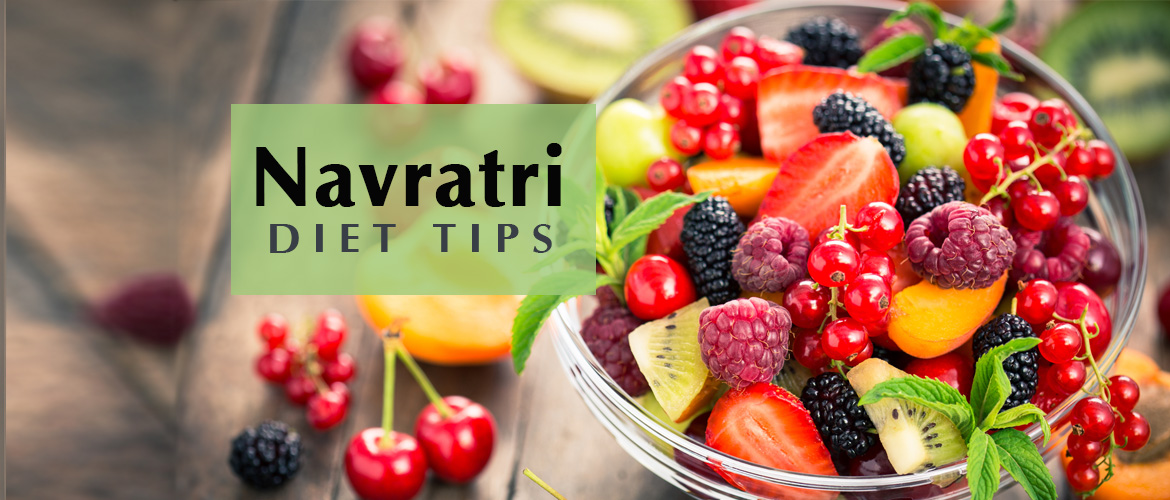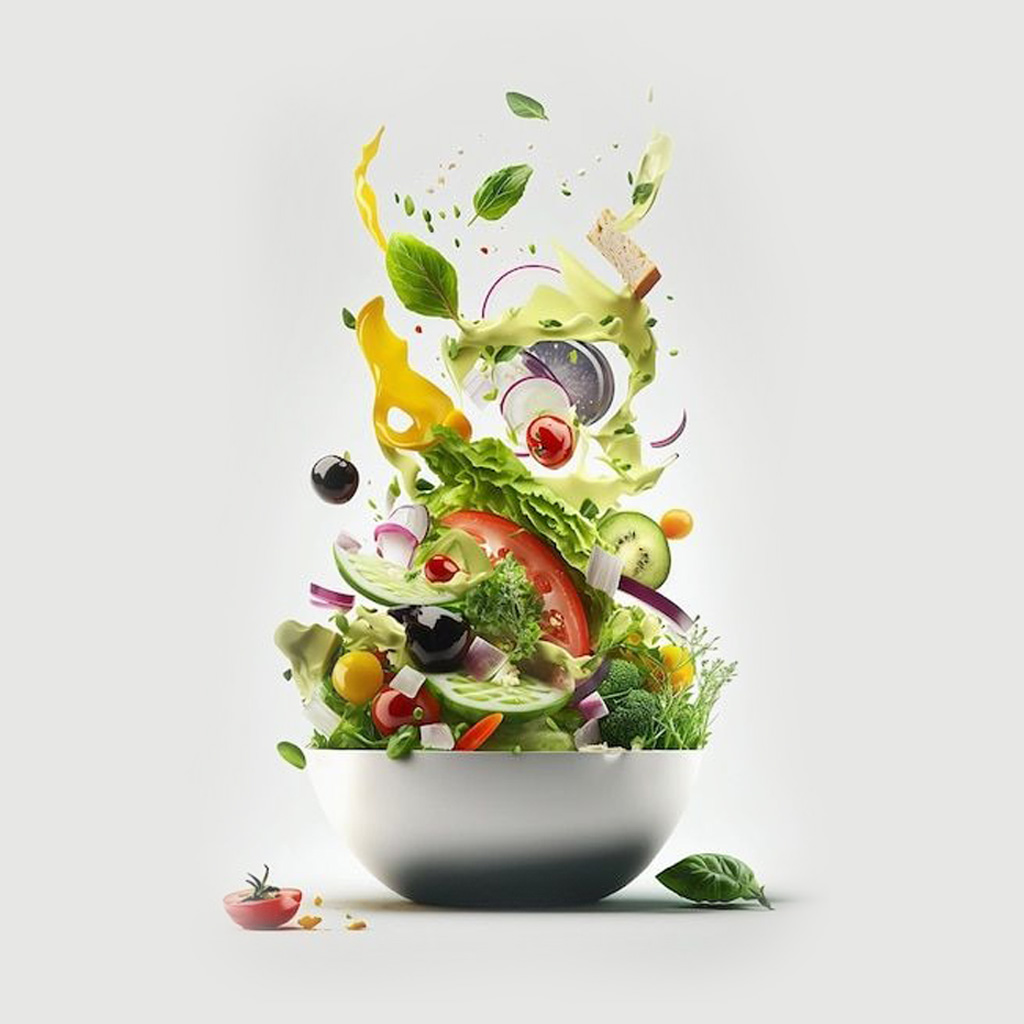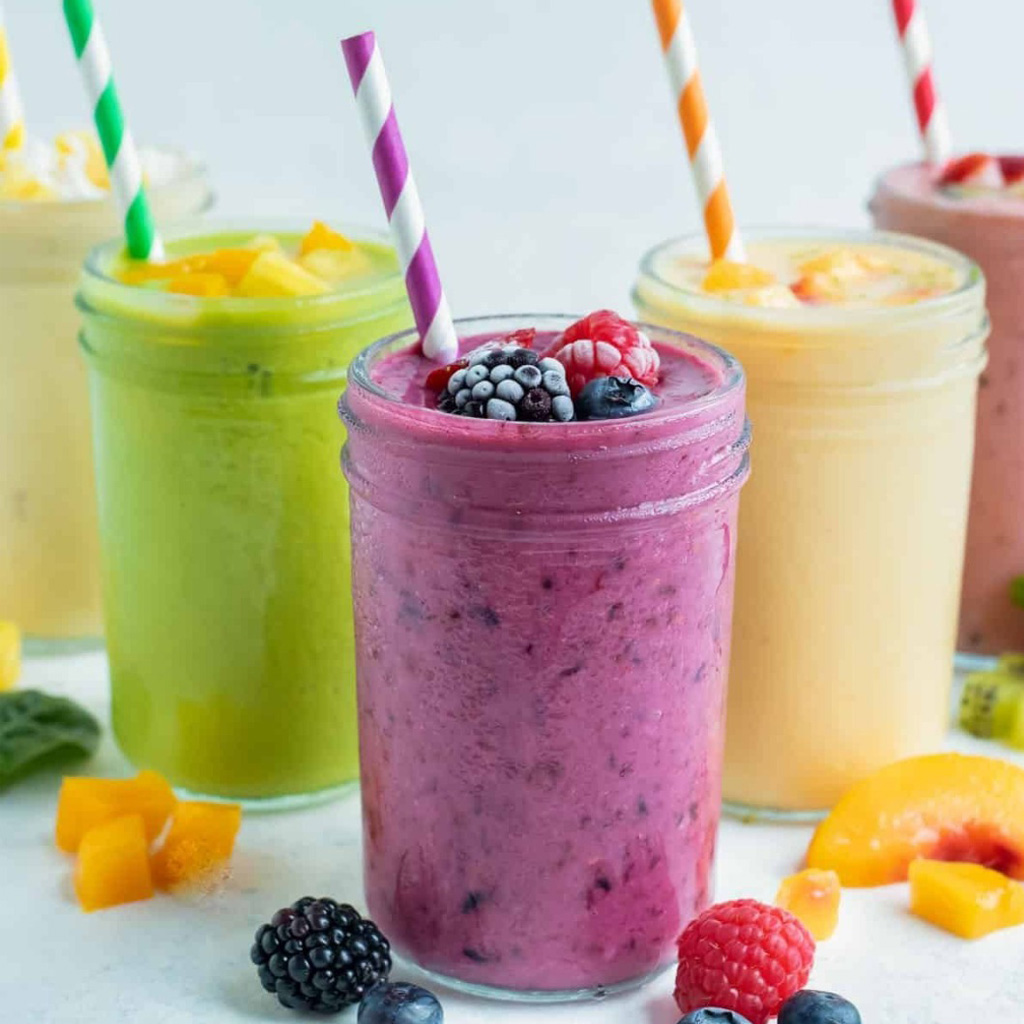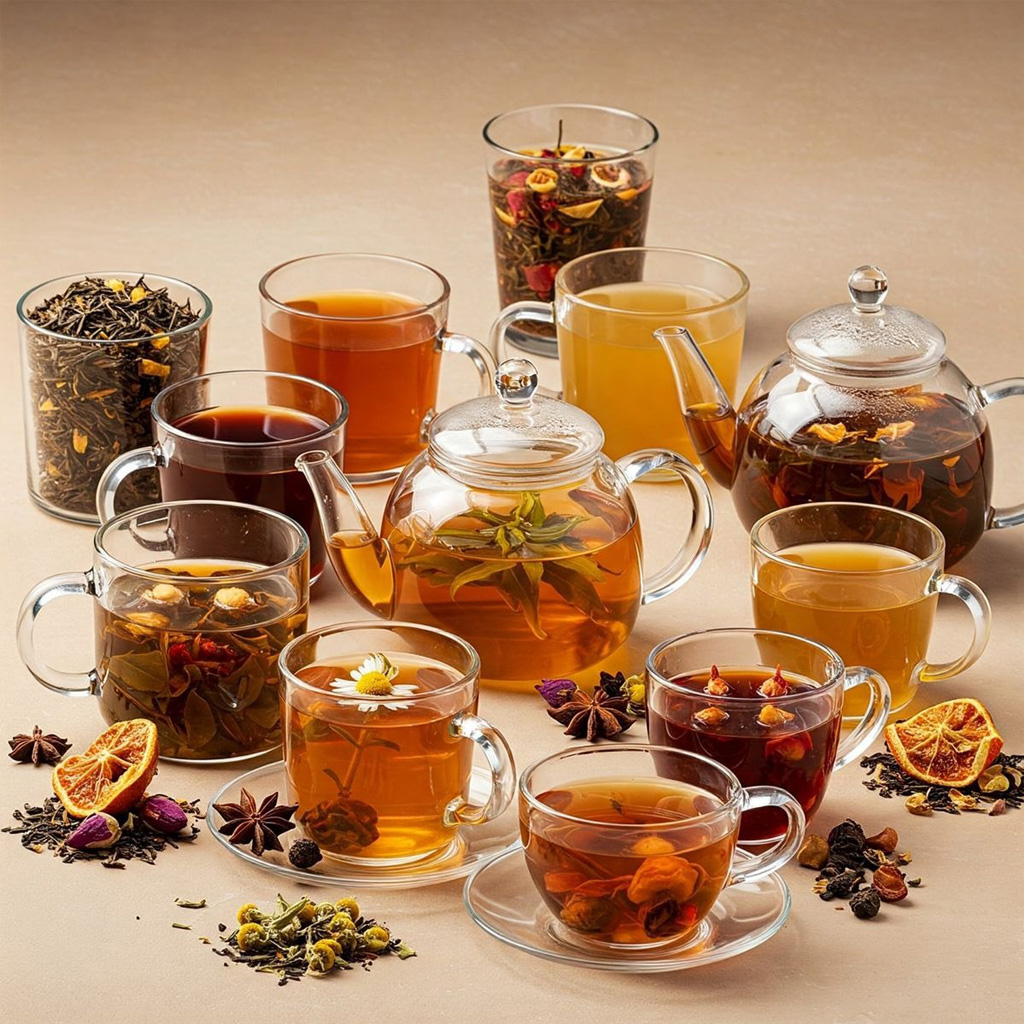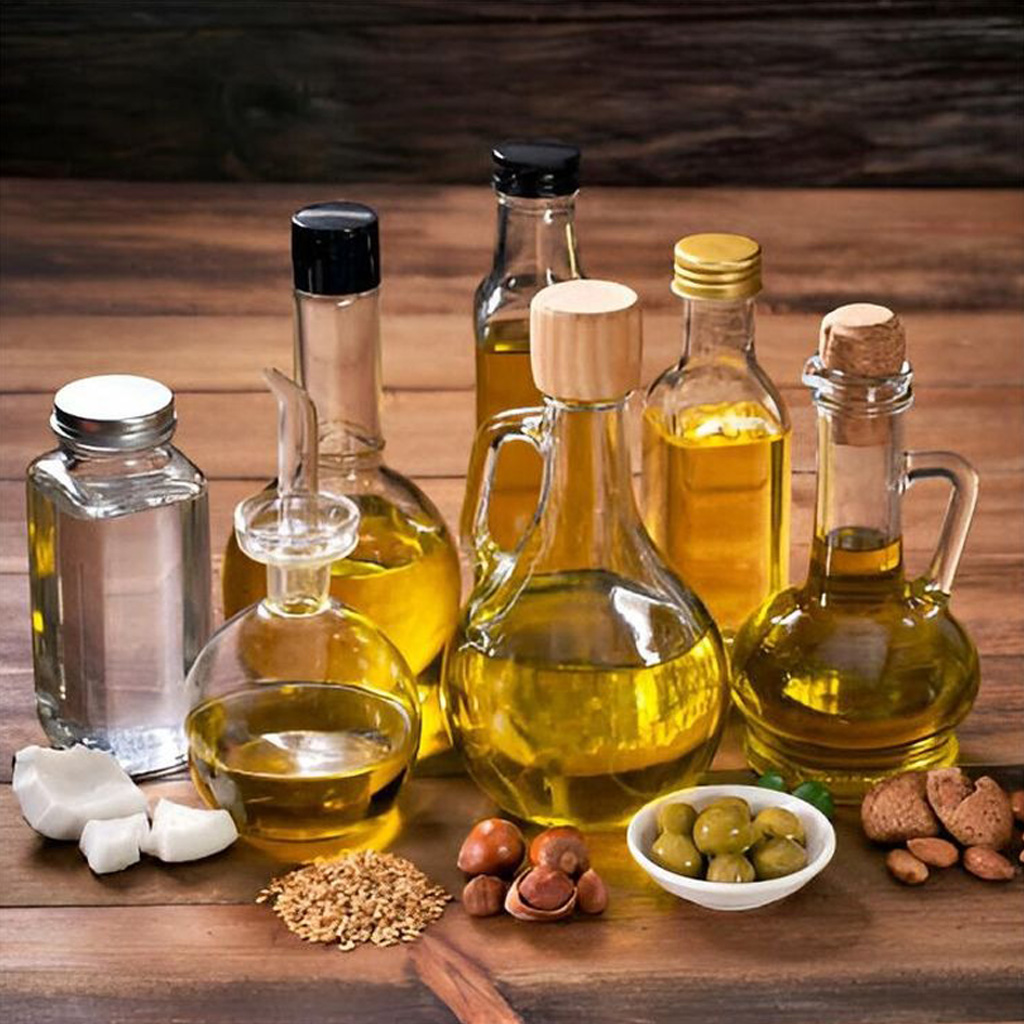Navratri fasting is an opportunity for us to detox our body as it prepares itself for the upcoming change in the season. The food recommended for Navratri helps us achieve this objective.
Problem arises when many of us take it as an excuse to indulge in fatty, salty and worse, fried foods to compensate for the lack of wheat and rice in our meals. If we were to examine closely, the Navratri foods are probably the most nourishing of foods and have innumerable health benefits.
Most of these foods are gluten free, have high soluble fibre, low glycemic index, help in slow digestion, full on satiety, thereby ensuring we do not feel frequent hunger pangs.
Dietician Ruchi has suggested some basic and easy to follow pointers so that we achieve our goal of Navratri healing without becoming unhealthy.
- Have a full meal at lunch which could be delayed to late afternoons. Keep the dinner very light.
-
Knead the flour of your chapatti with paneer or milk instead of potato to manage the carbohydrate content in the meal. Prepare paneer at home to avoid the extra fats added in the paneer available in the market to make it soft and tasty. The increased demand during Navratri, also increases the chances of adulterated options.
- Add vegetables like bottle gourd, pumpkin, and carrots to add the fibre in the meals.
-
Satiating mid-day hunger pangs with packaged namkeen is not advisable as they are high in salt and fat content. Opt for healthier alternatives like roasted makhana (fox nuts), a fruit, puffed amaranth, nuts like walnuts, soaked almonds, etc. or roasted seeds like pumpkin, flax etc.
-
Eat a lot of fruits that flush the liver of cholesterol accumulation. Apple, orange, papaya, guava, pomegranate, lemon juice and pear especially help to bring down cholesterol.
-
Sugar cravings can be managed by having samak kheer, sabudana kheer, pumpkin kheer etc. as one meal of the day, but the sugar levels should be low. DO NOT add artificial sweeteners, they are harmful to the body.
-
Agreed that sendha namak is good for your blood pressure and helps in better absorption of minerals. But, one must keep its consumption to a bare minimum. Do not over-indulge on salt.
Diabetics should be extra careful-
- Diabetics need to be aware of their condition and guard against the possible worsening of symptoms due to fasting.
- They should eat at regular intervals to avoid pushing blood sugar levels too high by eating after a prolonged break.
- Roasted makhana are good choice to munch in between to maintain the energy levels.
- Never have fruit juices, instead eat a whole fruit during the gap periods of 2 hours in between the day to manage your blood glucose levels.
-
Opt for no extra added sugar options like plain puffed amaranth instead of amaranth laddoos, since they have lots of sugar or jaggery in them. I nstead add some seeds, nuts and a fruit with milk to the puffed amaranth to make it a complete meal in the morning or snack time . You may try the ‘DCN Power Puffed Amaranth’ curated by us.
-
Let us not fool ourselves on believing that we are following the rules of fasting and end up harming our bodies instead of healing them. Being food smart would ensure, we get maximum nutrition from minimal amount of food during Navratri fasting.
DCN TIP
Avoid frying of foods at all cost. Instead you can try baking, grilling, roasting. DO not consume puris, pakodas etc.
Use minimum oil/ghee in your cooking. We recommend, you use small amount of desi ghee for your fasting preparations.
Happy Fasting Healthy Feasting

